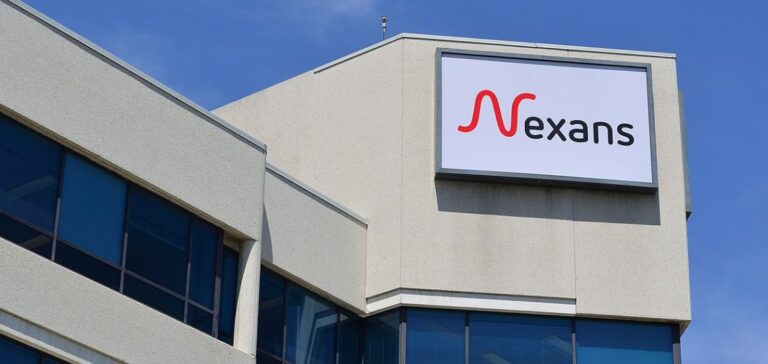Nexans, a French company specializing in cable manufacturing, is experiencing strong demand for its products, particularly in the electrification sector. The company, which has diversified its activities to meet the growing needs of energy markets, is seeing its investments in electrical infrastructure pay off. Its goal, clearly stated in recent years, is to play a key role in the development of more modern and sustainable electricity networks.
The demand for its products, ranging from cables for electrical grids to energy transmission infrastructure, is supported by global electrification initiatives, particularly in renewable energy and urban infrastructure sectors. In 2024, Nexans reported a turnover of 9.5 billion euros, largely due to the increase in orders related to electrification projects worldwide.
Diversification Strategy and Key Markets
The group has leveraged its diversification strategy, focusing particularly on electrification and sustainable energy solutions. For example, its recent acquisitions in the field of cables for renewable energy, including offshore projects and offshore wind, have strengthened its position in these rapidly growing markets. These sectors benefit from strong momentum from governments seeking to reduce their dependence on fossil fuels.
In the offshore sector, Nexans has taken a significant share in offshore wind projects, particularly in Europe, where the demand for such products is steadily increasing. The company has also strengthened its presence in Asia, a key region for energy transition, where massive investments are being made in electrical infrastructure.
A Promising Market Despite the Challenges
While Nexans benefits from this dynamic, the company must also face significant challenges. The raw materials sector, particularly copper, a key material in cable manufacturing, is experiencing price increases, which has impacted the company’s margins. However, Nexans has adapted by optimizing its production processes and adjusting its prices to maintain its competitiveness.
One of the key elements of its success lies in its ability to anticipate market needs and respond to specific cable demands for complex projects. The company is also investing in the digitization of its services, offering solutions tailored to new energy consumption models.
Strong Future Outlook
In terms of future prospects, Nexans expects continued growth, particularly due to the rise of large-scale electrical infrastructure projects. The energy transition, which translates into a growing need for cabling for renewable energies and smart grids, should support the company’s results in the coming years. Additionally, the geographic diversification strategy allows Nexans to reduce risks associated with a single region, by tapping into high-growth markets such as Asia.
With a solid order book and a consolidated position in the electrification and renewable energy markets, Nexans appears well-positioned to meet the growing demand for modern electrical infrastructure.






















